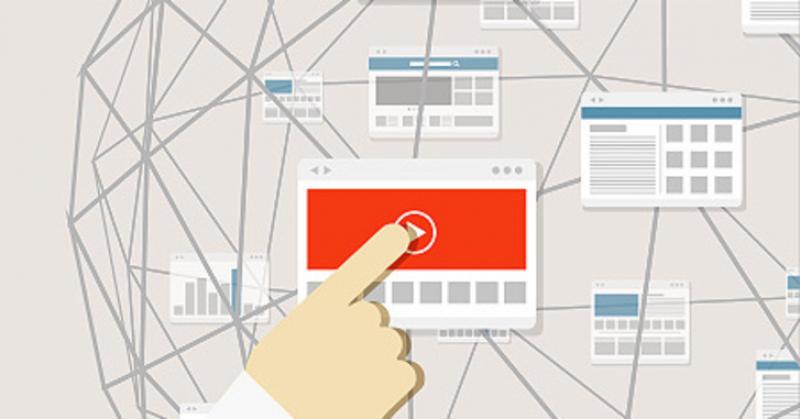Both WordPress and its ecosystem (themes & plugins) are always in the state of change. The WordPress CMS is known for rolling out constant patches- the core updates are limited to few times but the bug fixes, security releases and theme updates are sent out quite consistently. It will be good if you install all the patch files on a regular basis so that you can stay up-to-date.
No matter what's being updated, there is always a possibility of breaking something. There are several plugins and themes, which don't keep pace with the WordPress's official updates and thus end up hindering the functionality of the site. You can hire WordPress developer, in case you are also facing any issues with your site. Here some best practices that you should follow, if you are juggling between multiple WP sites.
1. Keep Backups
Whether you manage one WP site to 100, it's important to maintain a backup of all the files. There are tonnes of plugins available in the WordPress directory which will surely come in handy. While making backups, you need to check out how constantly you change your site's content. If something goes wrong due to any plugin, you will be having backup files to save you.
2. Craft a Plan
Ideally, you will have an all-in-one dashboard that allows users to update multiple sites from a single screen. The Jetpack and ManageWP plugin includes this feature & includes third-party services as well. These solutions are great because everything you need will at one place.
3. Do Your Homework
It's a bit tough to keep tab of what's running on every site you manage. It takes a lot to look at the plugin’s changelog before hitting the update button. This is important if you are working on the site using WooCommerce or any other mission-critical plugin.
4. Use Reputable Themes and Plugins
Just because a theme, plugin or a template is available for free doesn't mean it is any good. Make sure that you only choose those plugins which are highly rated by users and are updated on a regular basis. The plugin that was last updated two years ago may seem fine but think about whether its future updates will come or not.
5. Be Proactive
There's no doubt in that managing multiple web portals is a big responsibility and requires a constant attention. Getting lazy or aggressive at the wrong time might lead you to some serious issues. It will be good if you constantly read all the WordPress related news and see what new releases are there in store.
Consistency is the Key
No matter how much you plan, something will surely break sooner or later. But if you maintain a consistent approach in managing WordPress based websites, you will be giving yourself a better chance of avoiding problems. And if something does come up, you better be prepared to deal with it.
Summing Up
It takes some commitment to successfully keep all the sites running in a healthy manner. It's an achievable goal only if you take the right steps.
